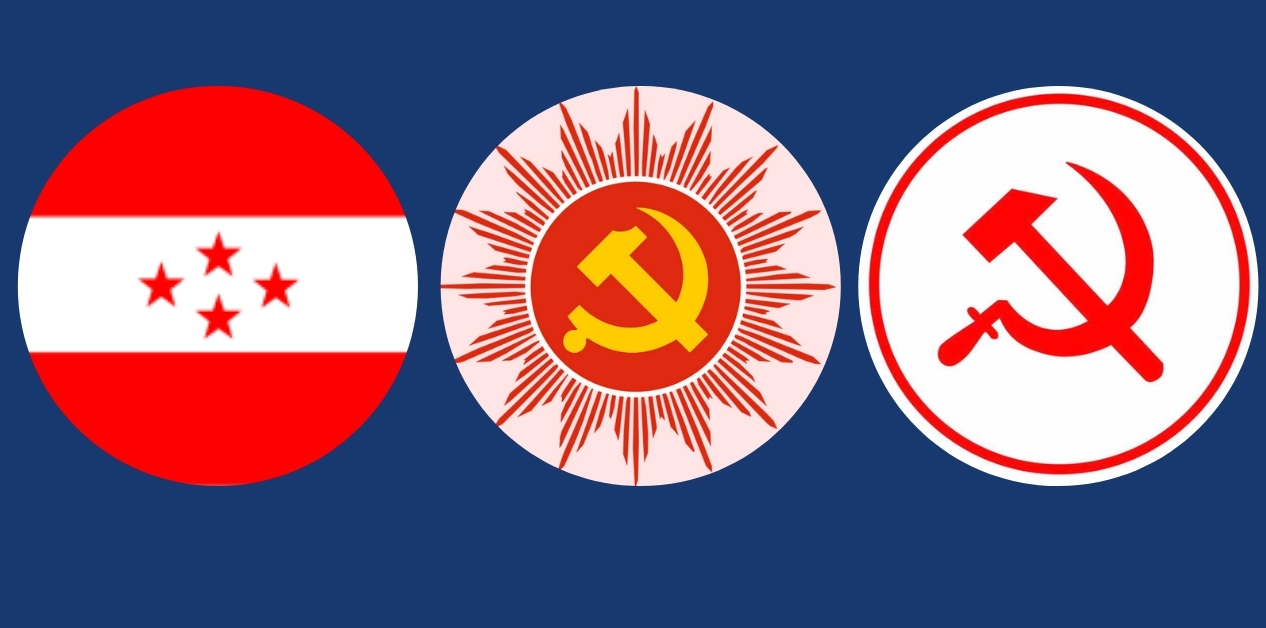

KATHMANDU: On September 14, former Education Minister and Rastriya Swatantra Party leader Sumana Shrestha announced her departure from the party and urged third-generation leaders of Nepali Congress, CPN (UML), and other parties to follow suit.
She said, “The current situation is more due to your leadership than your actions. Why carry it? Now is the right time. Stop idolizing your leaders. Either remove them, or leave.”
Yet, party conditions remain far from the reforms she called for.
Before the Gen-Z movement subsided, eight political parties jointly issued a statement opposing the government led by Sushila Karki and the dissolution of Parliament.
The September 13 statement was signed by party leadership from Nepali Congress, CPN (UML), and others, including Ranjita Shrestha of the Nagarik Unmukti Party.
The Nepali Congress Central Working Committee’s virtual meeting on September 12 had decided to oppose Parliament’s dissolution, a decision publicly released the following day.
Nepali Congress Party Office Chief Secretary Krishna Prasad Paudel stated that the dissolution was unconstitutional and voiced the party’s opposition.
On September 11, the UML Secretariat declared its commitment to protecting the nation, democracy, and the communist movement. Party General Secretary Shankar Pokharel, a close aide of the party chairman and former Prime Minister, issued the statement.
These developments highlight that entrenched leadership continues to dominate party structures. However, last week’s Gen-Z uprising introduced a new phase in Nepali politics, challenging long-standing leaders. Yet, parties remain largely unchanged.
Political analyst Professor Krishna Pokharel notes, “Parties still operate with traditional thinking. Leaders hold positions without change, and youth cannot intervene to advance.”
The UML’s official statement reflects pride more than self-criticism for past mistakes.
Even after forming an interim government, dissolving Parliament, announcing elections, and witnessing youth rejection of old leaders, no serious internal reform debate has taken place.
New-generation leaders have not addressed leadership transitions, strategies for engaging the public, or restoring lost credibility.
Some voice concerns individually, but these discussions have not entered official party forums.
Nepali Congress is currently considering replacing President Sher Bahadur Deuba with Acting President Purna Bahadur Khadka.
The September 12 working committee meeting was conducted under Khadka’s leadership, yet discussions focused solely on opposing Parliament dissolution.
General Secretary Gagan Thapa acknowledges the party is fragmented and recognizes the need for changes in leadership, constitution, and functioning, but this remains a personal position rather than a committee resolution.
Central Committee member Professor Govinda Pokharel says, “It’s unclear whether the party will oppose the dissolution, restore Parliament, boycott elections, or prepare for them. Leadership plans are unclear; the party has not taken an official stance.”
Leadership continues to dominate parties. Despite 72 deaths and extensive property damage nationwide, party heads maintain the status quo.
The old leftist party, UML, remains divided. Public frustration targets the establishment, including KP Sharma Oli, Ishwar Pokhrel, and Shankar Pokharel.
UML’s official statement conveys pride rather than introspection.
Central Committee leader Ushakiran Timalsina emphasizes that the party cannot rely on leaders rejected by the people.
Secretary Yogesh Bhattarai advocates self-reflection and a restructuring of leadership and party organization, but the establishment resists such debates.
Pokharel’s September 13 statement contains no acknowledgment of past errors.
Central Committee member Rachana Khadka asserts, “We must embrace the positive message of this movement and intervene if leaders fail to provide solutions.”
Similarly, new-generation leaders of the Maoist Centre support party restructuring.
Leader Madhav Sapkota says, “We are ready for elections, will support the interim government, and present our issues to the people.”
Despite repeated tragedies and widespread damage, party leadership remains entrenched.
Yet, this environment creates space for new-generation leaders to intervene when necessary, making timely action essential.